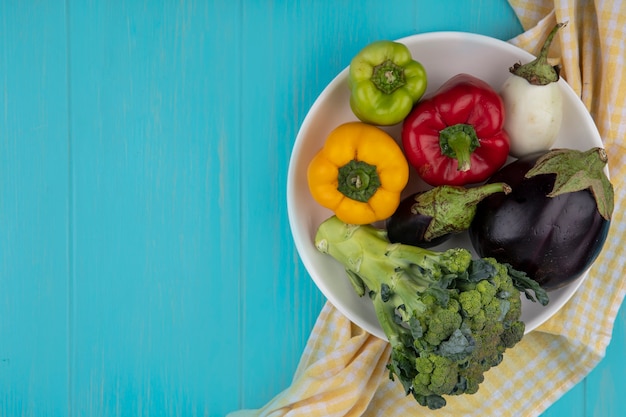
Did you try Veganuary this year, or are you considering switching to a vegan or plant-based diet more permanently? Dr. Gemma Newman shares some helpful advice.
With all the diets out there—low fat, high fat, low carb, high carb, vegan, paleo, keto—it’s easy to get confused. But which one actually works, and which is the best?
Veganuary is gaining traction yearly. In 2018, 170,000 people signed up, a 183% increase from 2017. By 2019, the number surpassed 250,000. This year, it’s likely even more popular.
Is a vegan diet healthy? How does it differ from other diets recommended for good health? There’s a lot of confusion about nutrition, fueled by media, food companies, and even health professionals. However, no one can deny the benefits of eating plenty of vegetables and fruits and limiting processed meats, sugary snacks, fizzy drinks, and white bread.
When people are unsure about what’s healthy, they often stick to their usual habits, thinking “everything in moderation” is okay. But that’s not true. We don’t tell smokers to smoke in moderation, so why should we treat sugary drinks and processed meats any differently? The World Health Organization (WHO) classifies processed meats as a class 1 carcinogen, meaning they definitely cause cancer.
Dr. David Katz gathered top nutrition scientists for the ‘True Health Initiative,’ where they agreed that a diet rich in vegetables, fruits, beans, nuts, seeds, whole grains, and water is key to health. A paleo and a whole food plant-based diet are actually quite similar compared to the typical Western diet.
Heart disease remains our biggest killer. The only diet proven to reverse coronary artery blockages (confirmed by angiography) is the whole food plant-based approach. The Lifestyle Heart Trial published in The Lancet in 1990, Dr. Caldwell Esselstyn’s work, and the Mount Abu Heart Trial all show impressive results with dietary changes alone. Thus, a whole food plant-based diet is a sensible recommendation until new evidence suggests otherwise.
Transitioning to a plant-based diet can seem daunting, especially if you’re used to a Western diet. But don’t worry, I’m here to help. If a plant-based diet is the healthiest option, here’s how you can start.
Begin with simple recipes to ease into the transition. Check out “So Vegan in 5” by Roxy Pope and Ben Pook for over 100 easy recipes that use only five ingredients, all available at your local supermarket. “BOSH!” by Henry Firth & Ian Theasby offers over 80 healthy vegan recipes and is also the world’s biggest plant-based online channel.
You can also look for vegan on Instagram for inspiration. Modify your favorite meals to be plant-based. For instance, swap chicken curry for chickpea curry, beef Bolognese for lentil Bolognese, and a beef chili for a three-bean chili. If you enjoy these vegan versions, you’re on the right track.
Start by making your breakfast plant-based two to three times a week, including the milk in your tea or coffee. Gradually make your lunch plant-based two to three times a week. Slowly increase the number of plant-based meals until you have a good rotation of four to five options. If you transition all at once, you might see benefits within two to three weeks. However, your gut bacteria will need time to adjust, which may cause bloating or flatulence initially.
Both the American Dietetic Association and the British Dietetic Association agree that well-planned plant-based diets are suitable for all ages and can prevent diseases. Plant-based diets are linked to lower risks of heart disease, cancer, respiratory disorders, allergies, and infections.
Our world today is nutrient-depleted, leading to deficiencies in important nutrients like magnesium, folate, and fiber. A Western diet is more likely to lack these nutrients and is linked to obesity and chronic diseases. A well-planned whole food plant-based diet is nutrient-dense, focusing on foods high in vitamins, minerals, fiber, and antioxidants.
You may need supplements if you’re on a fully plant-based diet. Essential supplements include vitamin B12, which isn’t abundantly available in plant foods. Adults need around 1.5mcg of B12 daily, but a higher intake is recommended for reliability. You can get B12 from fortified foods or supplements. Vitamin D is another supplement to consider, especially if you lack adequate sunlight exposure.
EPA/DHA supplements can provide pure omega-3 fatty acids. Milled flax seeds are also beneficial, helping lower blood pressure and support heart health. Incorporate them into meals like porridge, salads, or baked goods.
Dr. Gemma Newman has over 15 years of medical experience and is the Senior Partner at a family medical practice. She studied at the University of Wales College of Medicine and has worked across various specialties.